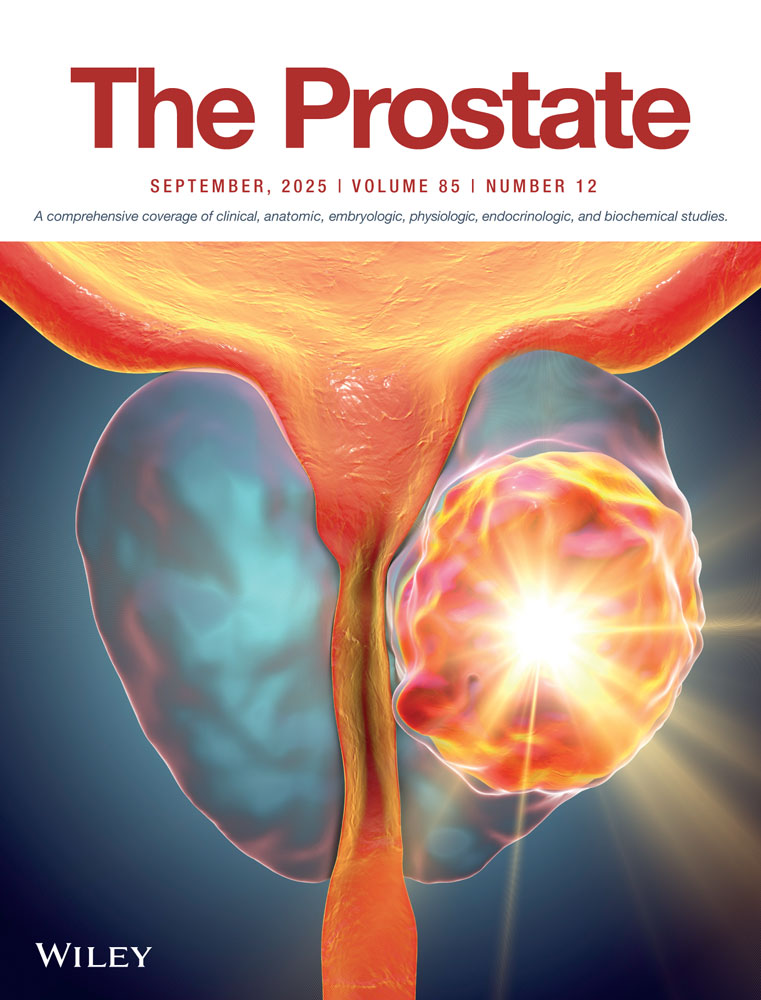Chronic azacitidine treatment results in differentiating effects, sensitizes against bicalutamide in androgen-independent prostate cancer cells†
Claudio Festuccia and Giovanni Luca Gravina contributed equally to this work.
Abstract
BACKGROUND
About 20–30% of hormone-independent PCa are characterized by the extensive loss of AR expression that appears to occur at the transcriptional level. Treatment of AR-negative PCa cells with demethylating agents (Aza-CR) leads to expression of AR mRNA and protein. Here, we investigate the effect of Aza-CR administered both acutely and chronically on AR expression, PSA expression, cell survival, and proliferation in androgen-independent/AR-negative PCa cells. We also studied whether epigenetically reactivated AR is a target for bicalutamide therapy.
METHODS
The in vitro effect of Aza-CR as single agent and its ability to induce AR expression and to augment the efficacy to bicalutamide were assessed using two androgen-independent and AR-negative cell lines (PC3 and DU145).
RESULTS
Our results show that acute treatment (4 days) with Aza-CR results in a relatively low decrease in cell proliferation with G2 cell cycle arrest and no significant evidence of apoptosis or AR expression. Interestingly, when Aza-CR was chronically administered (20 days), this treatment resulted in marked decrease in tumor cell proliferation with significant increase in AR and PSA protein levels. Furthermore, following Aza-CR chronic treatment the formerly androgen-independent PC3 and DU145 cells increase their susceptibility to the apoptotic effects of bicalutamide.
CONCLUSIONS
Aza-CR acute treatment has modest effects on androgen-independent and AR-negative PCa cell survival and proliferation, but chronic administration results in profound decrease in proliferation and in sensitization to antiandrogen agents. All these effects seem, in some measure, dependent on a partial restoration of androgen regulation. Prostate 68: 793–801, 2008. © 2008 Wiley-Liss, Inc.




